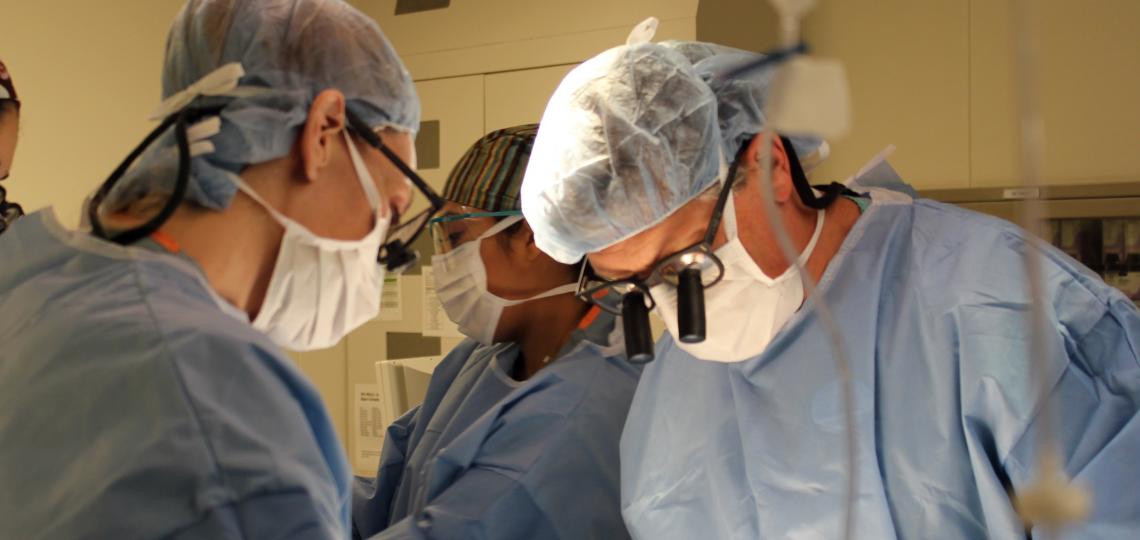About the Program
The Liver Transplant Surgery Fellowship is a rigorous two-year training program approved by the Texas State Medical Board and part of the American Society of Transplant Surgeons to accept one fellow annually. Our fellowship program is designed to equip surgeons who have successfully completed general surgery training with the skills necessary to be clinically, academically, and technically excellent transplant surgeons. Through our affiliated liver and kidney transplant programs housed at Baylor St. Luke’s Medical Center/Texas Heart Institute, Texas Children’s Hospital, and the Michael E. DeBakey Veterans Affairs Medical Center, our fellows receive an incomparable breadth of experience in adult and pediatric transplantation.
Faculty
View a listing of the Division of Abdominal Transplantation faculty involved in the Liver Transplantation Fellowship at Baylor College of Medicine.
Program Highlights
The Division of Abdominal Transplantation faculty performed nearly 400 liver and kidney transplants performed across all of our affiliates in 2025. . From an operative perspective, our fellows receive extensive exposure to a wide variety of transplant procedures, including multivisceral organ recovery, in-situ and ex-vivo technical variant liver allograft preparation, single-incision laparoscopic living donor nephrectomy, intra- and extra peritoneal kidney transplantation, as well as orthotopic liver transplantation. Additionally, our fellows perform basic and complex hepatobiliary procedures for benign and malignant disease.
Fellows train in three distinct environments. These include Baylor St. Luke’s, a high-volume, large academic medical center with multiple organ transplant groups, Texas Children’s Hospital, a major children’s hospital whose liver and kidney transplant programs are among the highest volume in the world, and the Michael E. DeBakey VA Medical Center, one of the few completely VA-based transplant centers in the country. Fellows in our program participate in all aspects of pre-operative donor and recipient selection, perioperative care, postoperative outpatient follow-up, and immunosuppression management. In addition, our fellows receive a broad scope of adult and pediatric didactic preparation through educational conferences at all of our affiliated hospitals. Finally, our fellows are strongly encouraged to participate in clinical and, if interested, basic science research with division faculty and collaborators.
Admissions
The Baylor College of Medicine Liver Transplant Surgery Fellowship participates in the American Society for Transplant Surgery match process as administered by SF Match.
For questions contact:
Phone: 713-798-6078
Email: gsprograms@bcm.edu








 Credit
Credit
